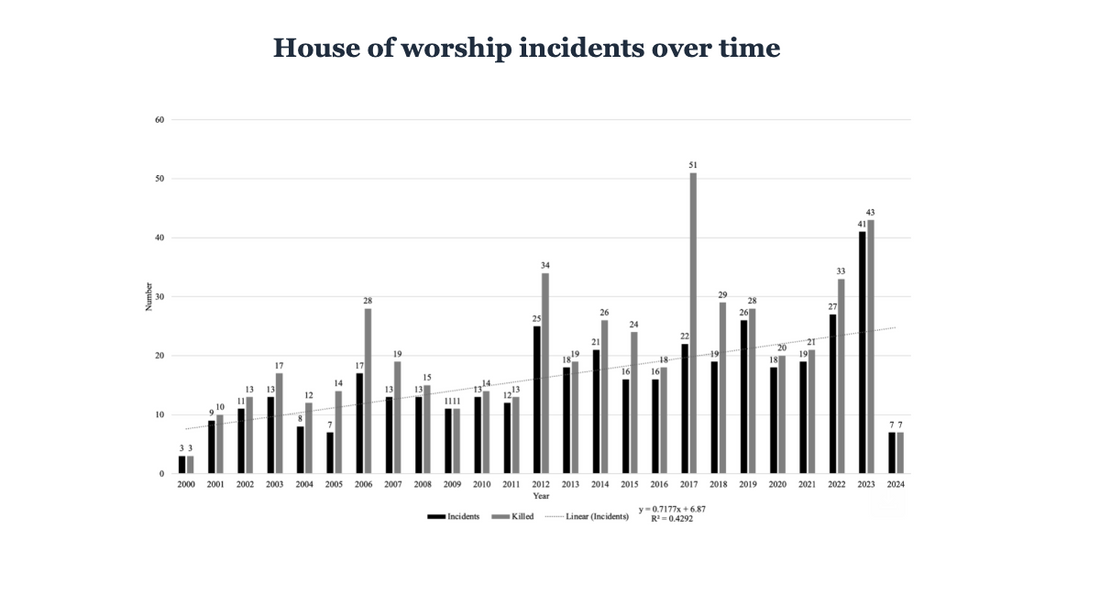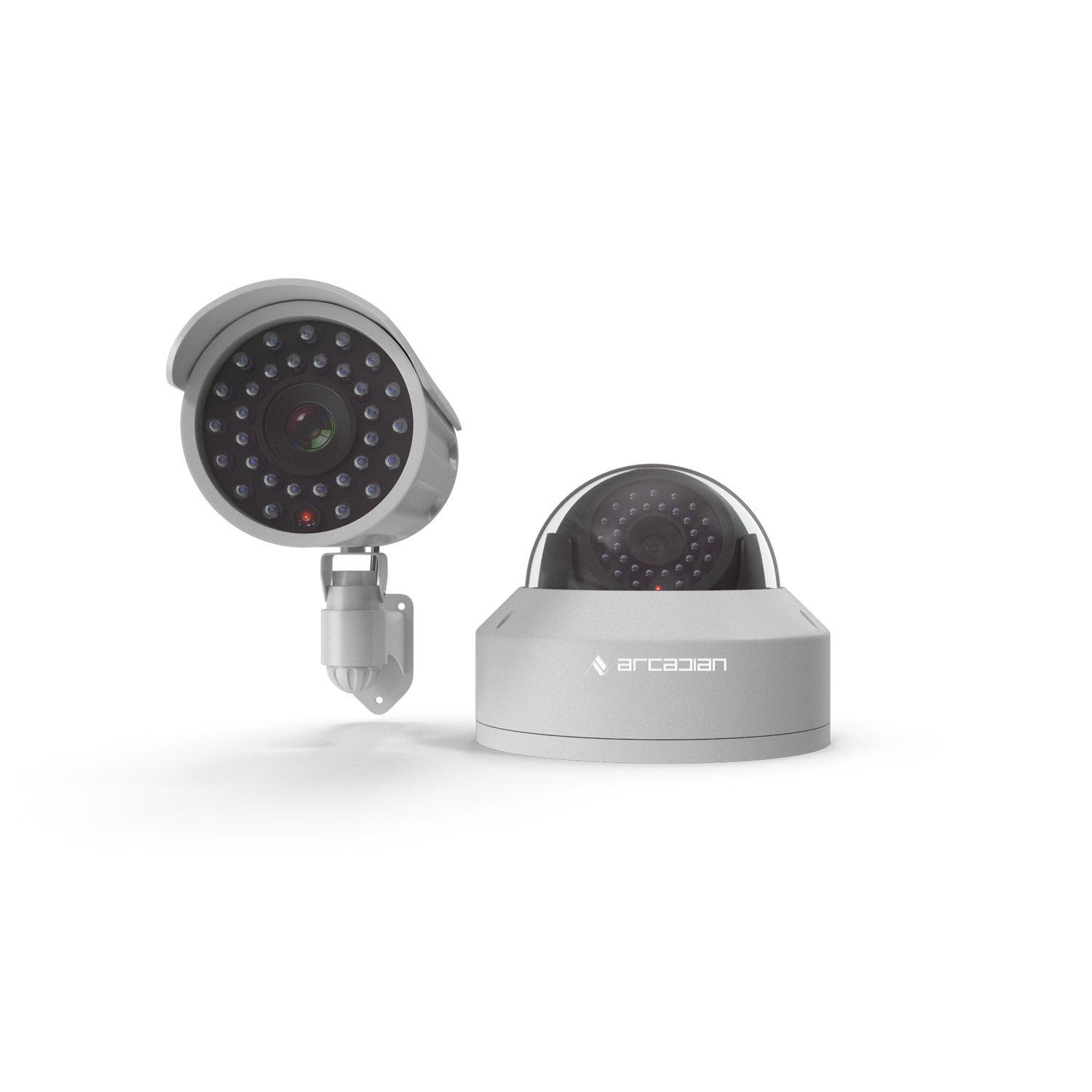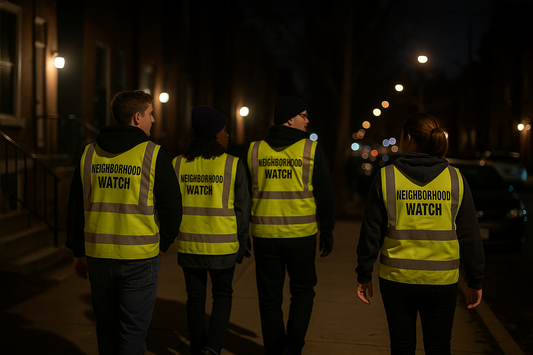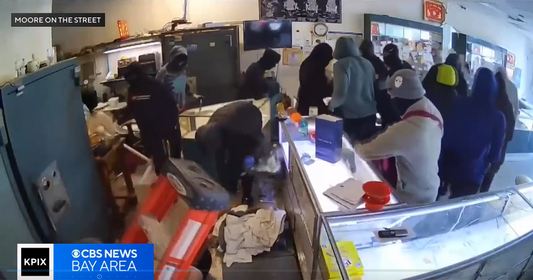Tragedy in Kentucky Highlights Alarming Trend in House of Worship Violence
While this story is heartbreaking on its own, it is part of a larger, troubling trend. A recently updated House of Worship Homicide Database — which tracks incidents of fatal violence at religious institutions since 2000 — reveals over 400 homicides, with a steady increase over time. Notably, more than 1 in 5 of these incidents are domestic-related, often involving estranged partners or family members targeting individuals at predictable gathering points like churches.

Story
Our hearts are heavy following the tragic events at Richmond Road Baptist Church in Kentucky, where two women — Beverly Gumm (72) and Christina Combs (34) — were fatally shot during Sunday service. According to early reports, the perpetrator was allegedly searching for the mother of his children — a sadly familiar narrative.
While this story is heartbreaking on its own, it is part of a larger, troubling trend. A recently updated House of Worship Homicide Database — which tracks incidents of fatal violence at religious institutions since 2000 — reveals over 400 homicides, with a steady increase over time. Notably, more than 1 in 5 of these incidents are domestic-related, often involving estranged partners or family members targeting individuals at predictable gathering points like churches.
Why Houses of Worship Are Often Targets
Religious spaces are open by design — welcoming, predictable, and deeply personal. But this openness can unintentionally create vulnerabilities. In domestic violence cases, churches and synagogues can become the tragic setting for escalation, simply because the perpetrator knows where and when the victim will be.
What Can Be Done
Research and safety experts recommend that houses of worship:
- Establish threat assessment protocols tailored for faith-based settings
- Train clergy and staff to recognize early signs of domestic abuse or mental health crises
- Form partnerships with local law enforcement for preparedness and rapid response
- Provide access to specialized clergy training in trauma-informed support and risk de-escalation
These are not just abstract recommendations — they’re proven strategies that have helped reduce risk across other community institutions, and they can help protect congregations without compromising compassion or access.
New Podcast Exploring the Boulder Mass Shooting
Professor David Pyrooz (University of Colorado, Boulder), co-author of our new research on gun violence exposure and its mental health impacts, was recently interviewed on the podcast Senseless with Erika Mahoney.
Erika Mahoney’s mom called to say there was an active shooter at the grocery store nearby. In a matter of seconds, ten people were killed – including Erika’s father. With the high-profile trial of the shooter as a backdrop, Erika speaks to survivors of mass shootings, community leaders, and others affected directly by the tragedy in Boulder on her quest to move forward after the unthinkable.
About Us
At ArcadianAI, we believe safety shouldn’t come at the cost of community. Our AIsecurity platform uses advanced behavioral analytics and real-time monitoring to detect and prevent threats — before they escalate.
From churches and schools to small businesses, our AI security guards analyze live footage in seconds, helping protect spaces where people gather, worship, and work. Through AI alerts, research-backed strategies, and trusted partnerships, we empower organizations to stay open, connected, and secure.

Security is like insurance—until you need it, you don’t think about it.
But when something goes wrong? Break-ins, theft, liability claims—suddenly, it’s all you think about.
ArcadianAI upgrades your security to the AI era—no new hardware, no sky-high costs, just smart protection that works.
→ Stop security incidents before they happen
→ Cut security costs without cutting corners
→ Run your business without the worry
Because the best security isn’t reactive—it’s proactive.







